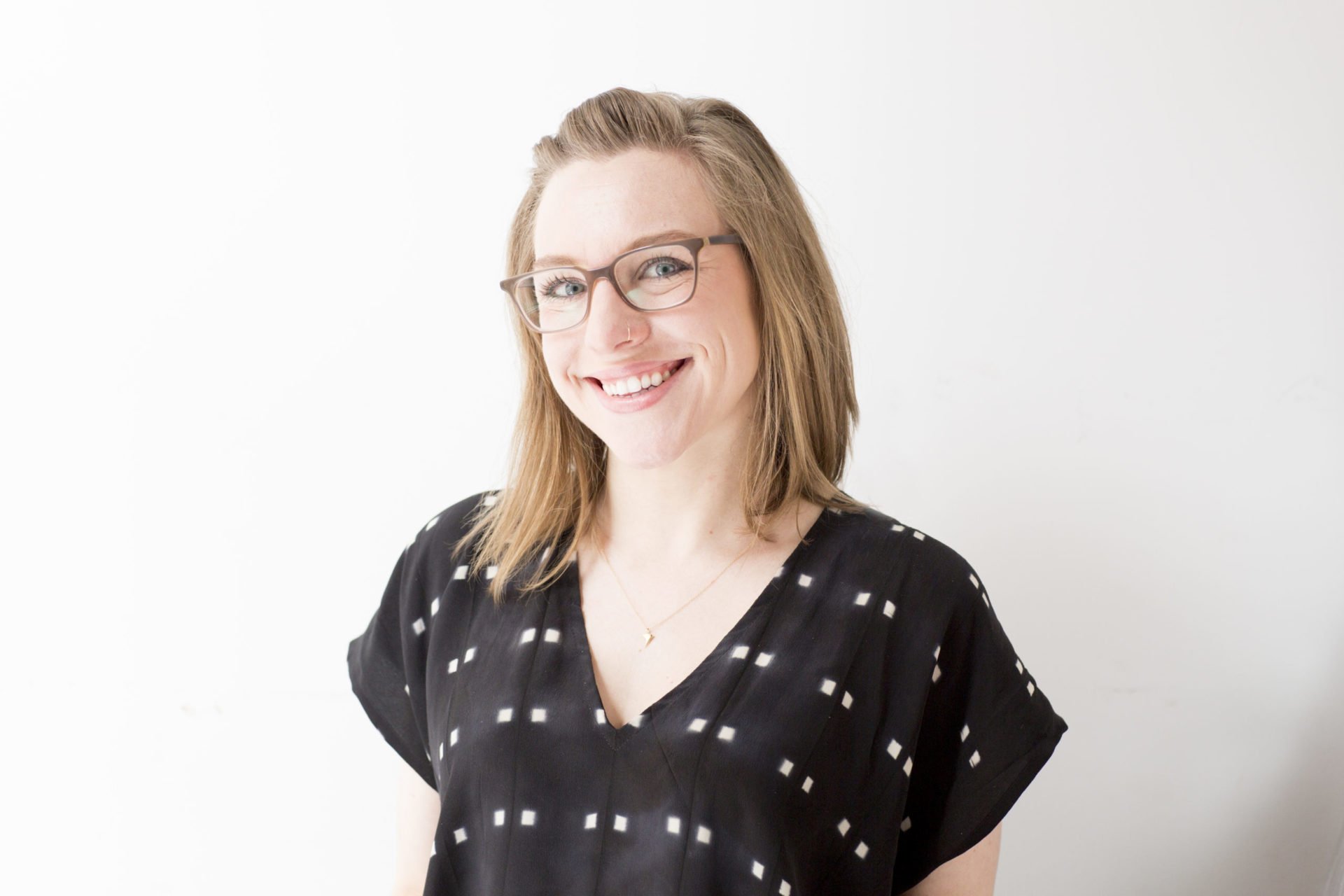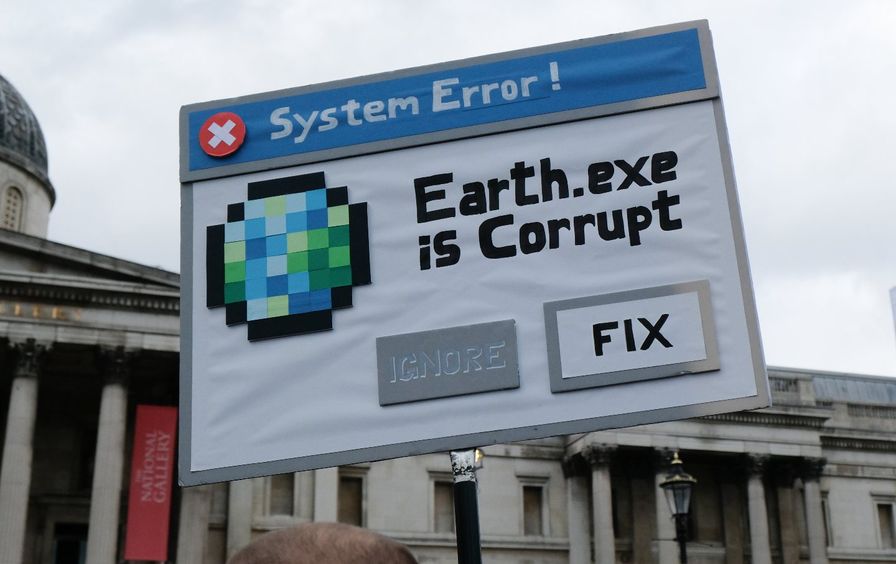In an exclusive interview at the recent Techonomy Climate conference, Dr. Katharine Hayhoe said that the most powerful tool we have in the fight against climate change is effective communication. The tech is here. It’s time to change hearts and minds.
Hayhoe was interviewed by Jeff Nesbit of nonprofit Climate Nexus communications firm. He rightly called Hayhoe “the most popular climate scientist on earth.” She has an enormous following on social media, her TED Talk has millions of views, and her book Saving Us: A Climate Scientist’s Case for Hope and Healing in a Divided World is a recent best seller. (She’s an eminent professor at Texas Tech University and chief scientist at the Nature Conservancy, as well.)

Hayhoe’s core philosophy for fighting climate change is “talk about it.” And when doing the talking, remember that empathy, compassion, and connection are just as important as the science.
“Back in the day, people thought if we just tell people the facts, surely they’ll change their minds,” she said. Clearly that’s not working. Hayhoe said there are two main roadblocks when it comes to changing hearts and minds. One is psychological distance. “We humans see this as a distant issue in space or time rather than being something that matters to us here and now in ways that are relevant to us today.” And the second one is people just don’t think we can fix it. “Either we feel a stunning lack of efficacy and we feel like there’s nothing we can do that could make a difference, or there are many people who feel that the cure is worse than the disease. They feel the solutions would leave us worse off than we would be just coping with the impacts.”
Hayhoe thinks of the American public in various categories, based on extensive polling done on this topic in recent years. She said about 8% of Americans are ‘dismissives.’ “It takes a miracle to change their minds.” And she’s not in the business of miracles. “But,” she continued, “they’re only 8%.” As for everyone else, the sentiments are more heartening: 70% of Americans are worried, 83% of moms are worried, and 86% of young people are worried. Yet 50% of us feel hopeless and helpless and don’t know what to do.”
Politics, of course, plays an outsized role. “The United States is now more politically polarized than it’s been any time since the Civil War,” she said. But it wasn’t always like this. “At the time when the first national climate assessment was enacted in 2000, Gallup polls indicated that Democrats and Republicans were pretty much on the same page when it came to climate change.”

“Did the science change?” she asked. “No. The science has been solid since the 1850s, when scientists connected digging up and burning fossil fuels to increasing levels of heat-trapping gases in the atmosphere. What changed was that we started to see the impacts, here and now, and that meant that action was necessary. As soon as action became necessary, that is when the denial began.”
Despite more than 150 years of scientific evidence, we’re torn apart by politics. “And social media plays a role in that, because experiment upon experiment has shown that the social media algorithms, which are just generated to basically make money, deliberately tribalize and in some cases even radicalize us.”
Hayhoe believes, nonetheless, social media platforms are tools that can be used for both good and bad. In fact, she’s found ample success in changing people’s minds via social media. But she cited many faults with the platforms, and called out YouTube, LinkedIn, Twitter, and most notably Facebook for their destructive policies.
Back in 2018, Facebook formally decided climate change was a political issue, and changed the way it moderated such discussions. The algorithm began downgrading Hayhoe’s posts. When she complained, administrators told her all she had to do was register as a political organization. “Over my dead and decomposing body am I, as a climate scientist, registering as a political organization.”
“A lot of social media companies went into this very naively. They didn’t realize how their platforms could literally be weaponized to foment dissent, to spread misinformation, to exacerbate the divisions between and within our societies,” she said. But we can no longer afford to be naive, said Hayhoe. “Companies are certainly making steps, but they are tripping over their shoelaces and landing on their faces.”
Connecting over what we all have in common is our best hope. “Research shows that if we talk about what’s happening where we live, here and now, in ways that affect us, like the safety of our homes or the quality of the air that we’re breathing, it can overcome our political divides because we’re focusing on something that we share that’s more relevant to our lives than something that divides us,” she said.
“We have everything we need to take action now,” she said. “In fact, we’ve already had most of what we need for quite some time now.”
But the tech doesn’t seem to be saving us. So what does Dr. Hayhoe recommend? “Every bit of warming matters, every year matters, every choice matters, and every action matters.” Quoting Bill McKibben she said “the most important thing an individual can do right now is not be such an individual.”
“We [must] look at how we influence the place we work, the place we live, the organizations that we’re part of when we use our voice…Call for action at every level, not just the federal level. Cities are much more nimble and much more bipartisan. States, corporations, universities, churches, neighborhoods, all kinds of organizations can take action together. That’s how change happens.”
















